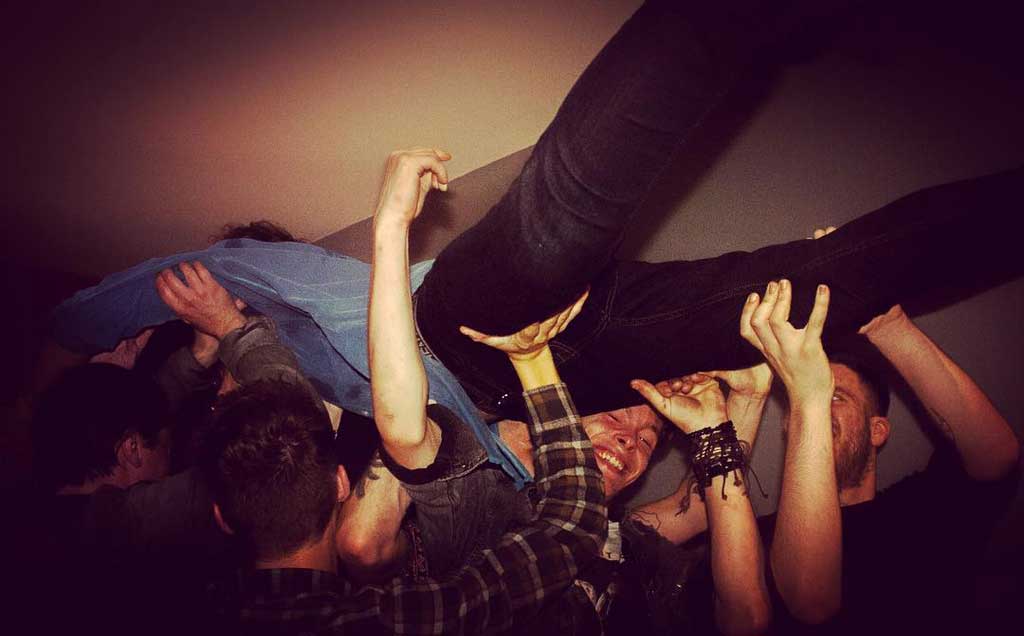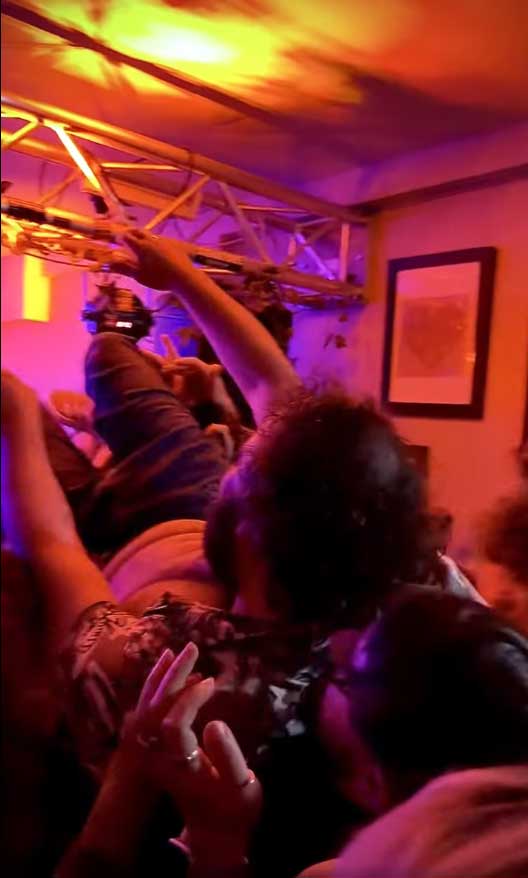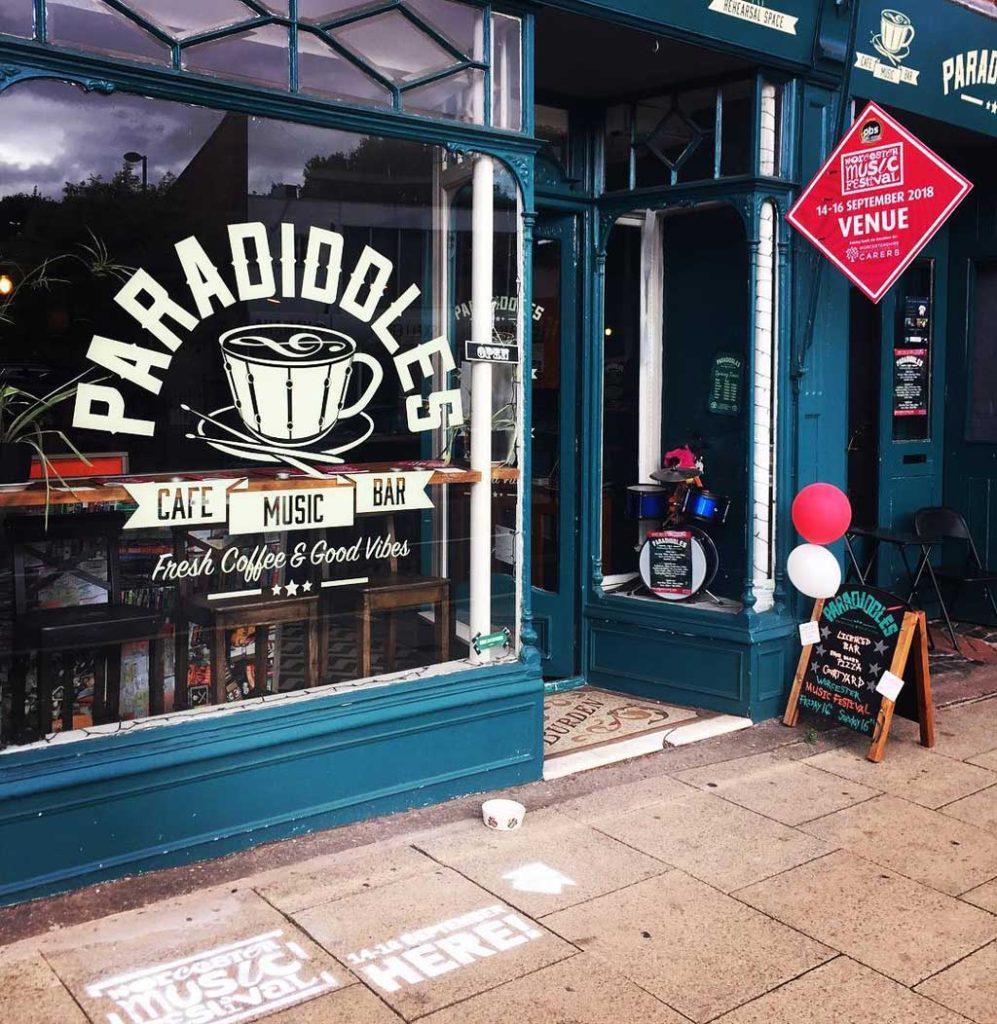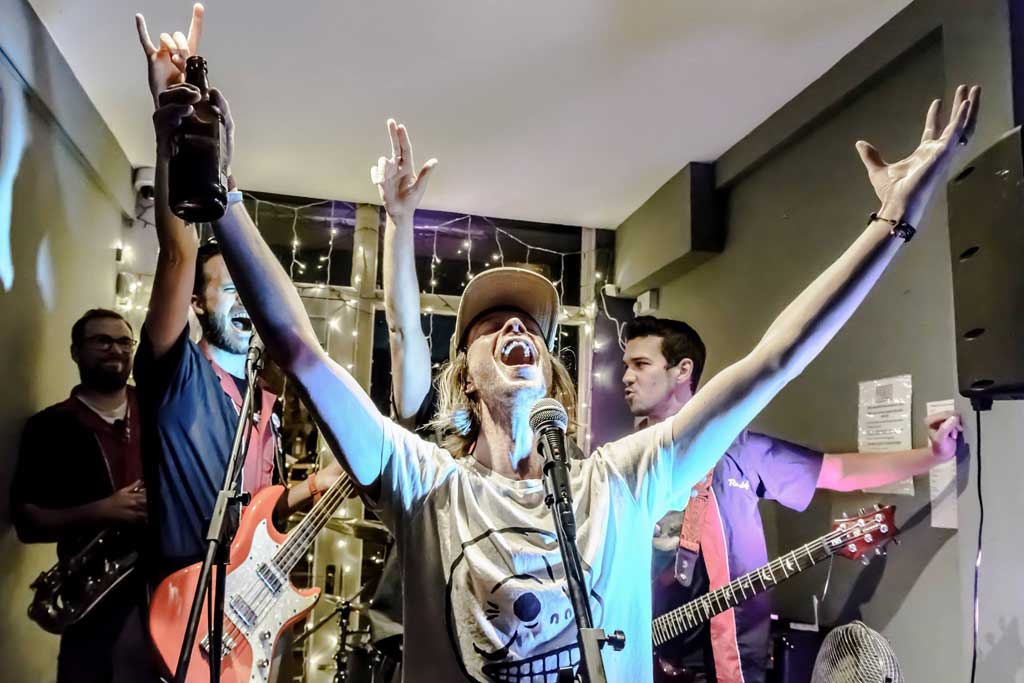This month, Worcester City said goodbye to Paradiddles Music Café Bar, a music and bar café at the heart of the local music scene. Although we continue to see vibrant music events, including the Cathedral opening its doors to Fever candlelight concerts, new council-funded theatres, and racecourse-hosted country nights, Octoberfest and more, we ask, do these ‘one-off’ music events result in a true music community?
Transient vs Permanent
The council continue to fund multi-use venues, old and new, for example, the excitement building for ‘Scala’, Worcester’s new arts centre, which has been hailed as an important new venue for the city by the Leader of Worcester City Council, is much anticipated. Although this results in brilliant events, occasions, tourism and economic outcomes, it does not create a substantial community.
Individual arts events are temporary and very rarely translate to a social movement, never resulting in bringing people together sustainably.
Meanwhile, independent venues that offer local bands affordable gig spaces, open mic’s and a consistent location for people to gather weekly/monthly, are scrambling for funding and support in the cost of living crisis.
At such a difficult time, the arts are more important than ever. These long-term spaces that see returning customers, poets, musicians and music lovers, create the real network we should be aiming for.
One-night-only events may bring plenty of joy and memories for locals, however, the sustained development of the music scene and its participants rests in the hands of these independent bars and cafes.
Nicholas Daniels, a regular at Paradiddles Music Café Bar posted this heart felt and fitting tribute to owners Rai & Kit with an Instagram video.
Venue Identity and Local Culture
Emerging talent, no-budget musicians and those who simply want to connect over the arts are the backbone of a culture. They are entirely dependent on these ‘casual’ and affordable spaces to continue their networking.
It is not only about performing, but many people also look forward to their casual meetups in these spaces. Locals that don’t have the budget for large events every week or month depend on places, like Paradiddles, who offer that relaxed atmosphere.
Those artists wanting to try something new, maybe a new set, instrument or vibe, would not want to experiment on a bigger stage – another example of why these smaller continuous events create a safe and welcoming space for the local scene to grow and develop.
From the first to the last crowd surf in Paradiddles Music Café Bar

The Jericho Racks front man Jack Monopoli was the first person to crowd surf in the newly open Paradiddles in 2016. For the final event ‘The Last Chorus’ The Jericho Racks headlined the show, and Jack had the last crowd surf.

Anthony Robbins Director of Worcester Music Festival had this to say
“Paradiddles Music Café Bar has been a key venue for Worcester Music Festival since 2016, consistently delivering an eclectic weekend line-up that makes it one of the most popular spots. The team independently managed everything, from booking artists to handling stage and sound, with little need for input from the WMF committee. Many artists they selected during the last 7 years went on to national radio, proving their knack for spotting talent.
Beyond the festival, Paradiddles regularly supported local and touring acts, while also providing rehearsal space and a hub for artists. Their dedication to youth development, offering performance and sound engineering opportunities, aligned perfectly with WMF’s mission.”

Economic Impact
The council’s funding for the arts varies across The Midlands, but the support for independent bars, clubs and cafes drowning in rent, employee costs and energy bills, are getting slim consideration.
Independent venues that do so much for the city, making it a place worth living, exploring and leaving the house for, also offer much to the economy through funding the livelihoods of staff, tech crews, promoters and upcoming talent. So, while events may bring short-term bursts of economic activity, is it really more sustainable than the long-term offerings of these existing arts venues?
Finally, I would question whether there is any budget within the council’s arts programmes to relieve the strain and support those continuing to truly nurture the community, rather than letting them crumble under the financial pressures of the current crisis.
By Ellen Flannery
Editors Note
Here is a recent article published by the BBC on the subject of Bands are skipping more towns and cities on tour which illustrates perfectly the struggles of local venues.







